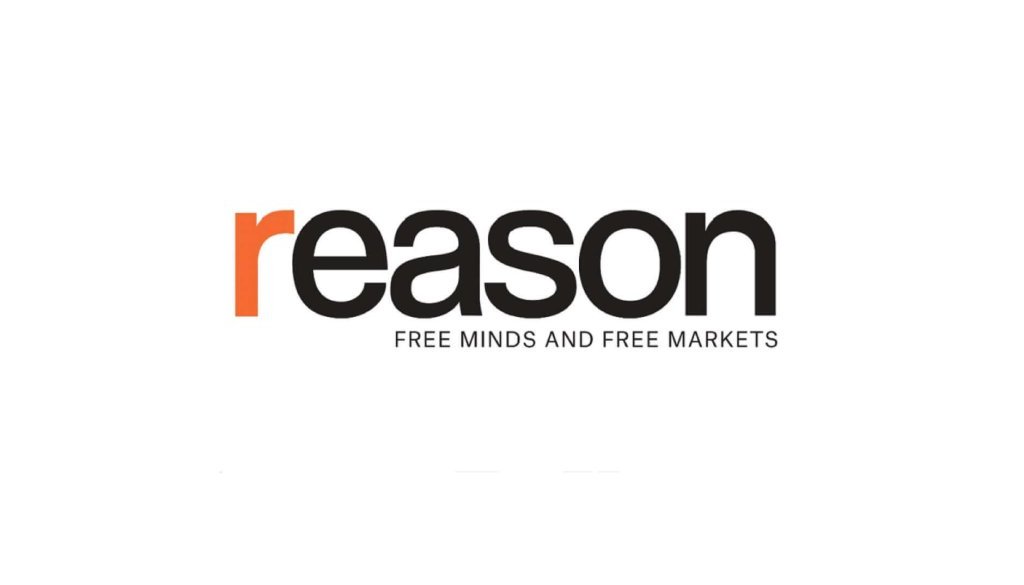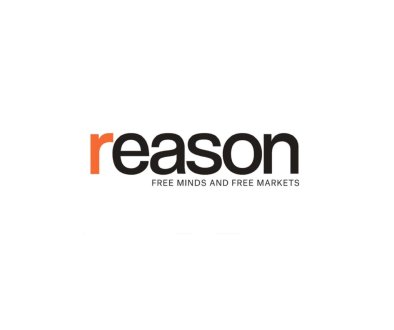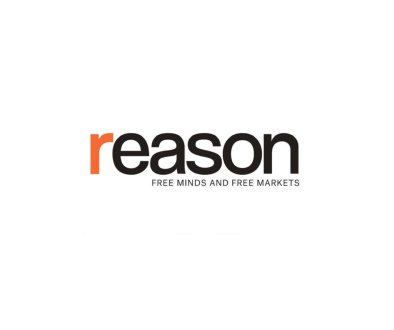The Tariffs Imposed by President Trump Are Unconstitutional
President Trump has raised or lowered tariffs/taxes, or he has threatened other nations that he will do so, on an almost daily basis since Inauguration Day. He does not have the legal authority to do so.
The U.S. Constitution authorizes the imposition of tariffs in the very first clause of Article I, Section 8, which famously grants Congress eighteen, and only eighteen, limited and enumerated legislative powers. That Clause provides that:
The Congress shall have Power To lay and collect Taxes, Duties, Imposts and Excises, to pay the Debts and provide for the common Defence and general Welfare of the United States; but all Duties, Imposts and Excises shall be uniform throughout the United States.
This provision stems from centuries of conflict in Great Britain (and the colonies) about the location of the power to tax, and from the American Revolutions rejection of Parliament’s effort to impose “taxation without representation” on the colonies.
Samuel Johnson’s 1755 Dictionary of the English Language defines a Duty as a “Tax; impost; custom; [or] toll.” It defines an Impost as “a tax; a toll; [or] a custom paid.” A tariff is either a “duty” or an “impost,” and the power to impose such tariffs/taxes is therefore explicitly given to Congress, not the President, by the Constitution. From the Tariff Act of 1789, passed by the First Congress, to the Tariff of Abominations passed in 1828, to the Smoot-Hawley Tariff passed in 1930, it has always been understood that the Constitution gives only Congress the power to impose, raise, or lower tariffs, which are taxes. It does not give that power to the President.
Under case law going back to the nineteenth century, Congress can delegate some measure of power to the President to adjust tariff rates, but President Trump can only impose, raise, or lower tariffs if Congress has delegated that power to him by statute. J.W. Hampton, Jr. & Co. v. United States, 276 U.S. 394 (1928). He also can only do so as long as the delegation of power by Congress is guided by “an intelligible principle.” This is a wise and good feature of our Constitution, a document which should be revered and followed, not trashed.
A superb amicus brief written by former Judge, and present-day Stanford Law Professor, Michael McConnell and by attorney Joshua Claybourn demonstrates beyond the shadow of a doubt that Congress has not delegated the sweeping power to impose, raise, lower, defer, and reinstate tariffs/taxes from day to day that President Trump has purported to exercise in the last 100 days. There is simply no statute that authorizes the Trump tariffs/taxes, especially those announced in April 2025. And there is no statutory “intelligible principle” that has guided President Trump’s repeated raising, lowering, delaying, and then reinstating of tariffs/taxes.
The McConnell/Claybourne amicus brief, which I signed, can be found at this link: https://papers.ssrn.com/sol3/papers.cfm?abstract_id=5237248. It was also signed by a former U.S. Attorney General, two former Senators and a former Governor, former judges, a former Yale Law School Dean, and a former White House Counsel—all of whom have sterling reputations and who include leading liberals as well as conservatives. (The signatories are former Sen. and Gov. George F. Allen, Sen. and former Ambassador to the United Nations John C. Danforth, Prof. Richard A. Epstein, former Sen. and Secretary of Defense Charles T. Hagel, Prof. and former Yale Law School Dean Harold Hongju Koh, Prof. Gerard N. Magliocca, former Attorney General and Judge Michael B Mukasey, Prof. Alan Sykes, former Judge John Daniel Tinder, former White House Counsel Peter Wallison, and former State Department Counselor and Director of the 9/11 Commission Philip Zelikow.)
The brief explains that:
In April 2025, President Trump proclaimed a sweeping tariff regime that touches nearly every imported good sold in the United States. The measures include a 10% baseline tariff on all imports and a 34% duty on Chinese goods (raising tota
Article from Reason.com

The Reason Magazine website is a go-to destination for libertarians seeking cogent analysis, investigative reporting, and thought-provoking commentary. Championing the principles of individual freedom, limited government, and free markets, the site offers a diverse range of articles, videos, and podcasts that challenge conventional wisdom and advocate for libertarian solutions. Whether you’re interested in politics, culture, or technology, Reason provides a unique lens that prioritizes liberty and rational discourse. It’s an essential resource for those who value critical thinking and nuanced debate in the pursuit of a freer society.




